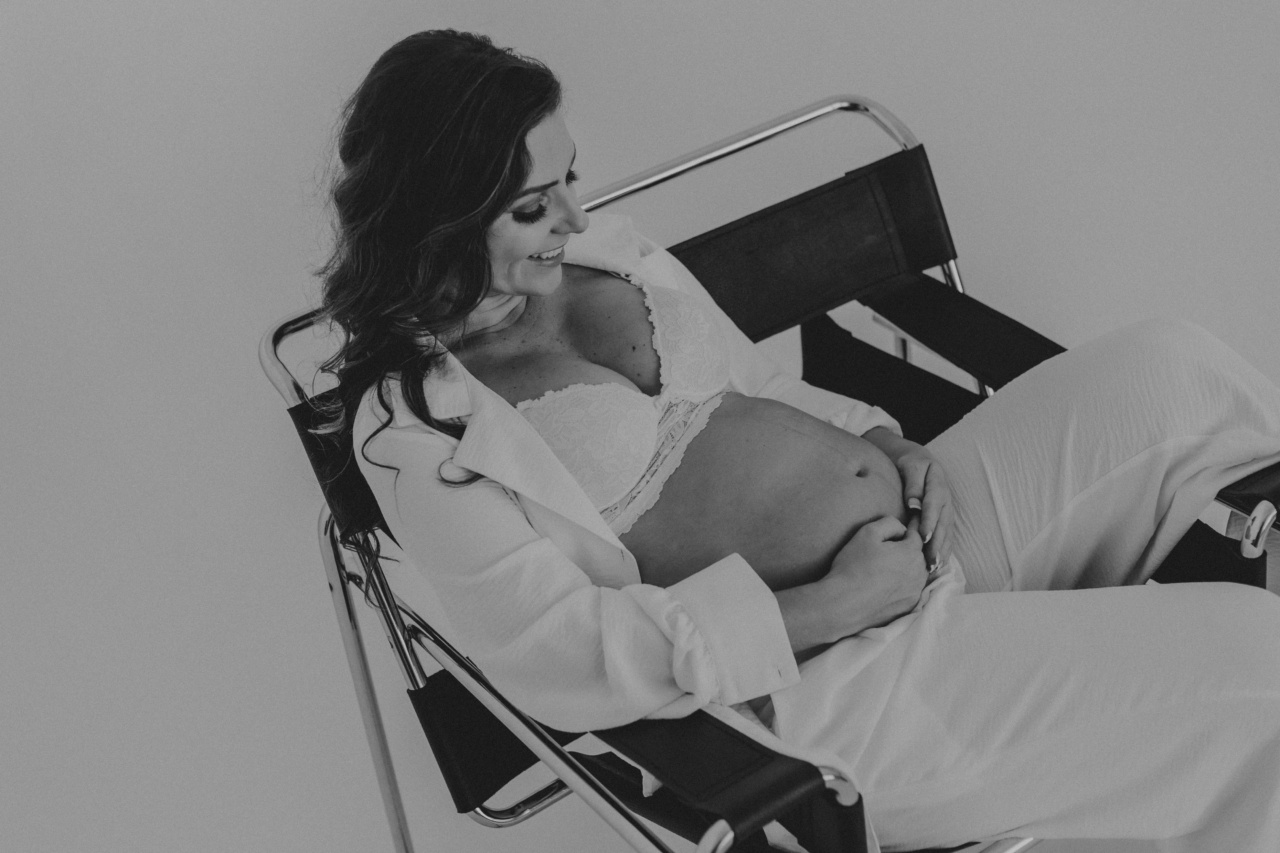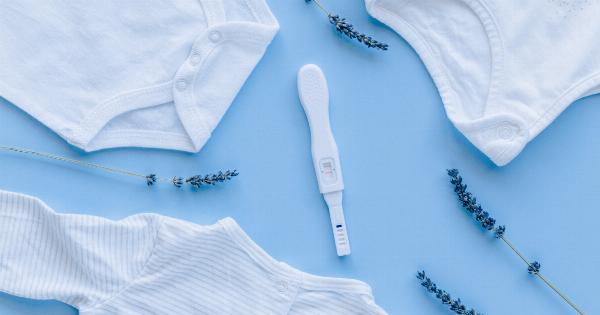One of the most basic and fundamental facts of life is that all living things will eventually die. While this may seem like a simple and obvious statement, the connection between mortality and pregnancy is often overlooked.
However, the relationship between these two concepts is not as straightforward as it may seem.
The Biological Connection Between Death and Fertility
At its core, the relationship between mortality and fertility is tied to the fundamental processes of life. In order for a species to perpetuate itself, its members must reproduce.
However, in order for reproduction to occur, an individual must have the necessary biological resources and mechanisms to support the growth and development of a new life. This means that if an individual is nearing the end of its natural lifespan, it may not have the resources or capacity to support a pregnancy.
The Role of Aging in Mortality and Fertility
As individuals age, their bodies undergo a number of changes that can affect their ability to conceive and carry a pregnancy to term. For example, women may experience a decline in the quality and quantity of their eggs as they get older.
Similarly, men may experience a decline in their overall sperm count and motility, which can make it more difficult for them to successfully fertilize an egg.
Other Factors That Can Impact Fertility and Mortality
While aging is a major factor in the relationship between mortality and fertility, there are other factors that can impact a person’s ability to conceive and carry a pregnancy to term. Some of these factors include:.
- Chronic health conditions: Individuals with chronic health conditions such as diabetes, hypertension, and heart disease may have a more difficult time conceiving and carrying a pregnancy to term.
- Environmental toxins: Exposure to environmental toxins such as pesticides, lead, and mercury can have a negative impact on fertility and overall reproductive health.
- Lifestyle factors: Lifestyle factors such as smoking, excessive alcohol consumption, and obesity can also have a negative impact on fertility and reproductive health.
The Connection Between Mortality and Birth Control
While mortality can impact a person’s ability to conceive and carry a pregnancy to term, it can also play a role in birth control.
For example, some forms of birth control such as the hormonal contraceptive pill and the intrauterine device (IUD) work by altering a woman’s reproductive hormones in order to prevent pregnancy. However, these methods may not be suitable for women who are at an increased risk of health complications due to their age or other health conditions.
Conclusion
While mortality and pregnancy may seem like unrelated concepts at first glance, the reality is that they are intertwined in complex and often surprising ways.
Understanding the connection between these two concepts can help us better appreciate the ways in which our bodies and reproductive systems work, as well as the many factors that can impact our ability to conceive and carry a pregnancy to term.





























